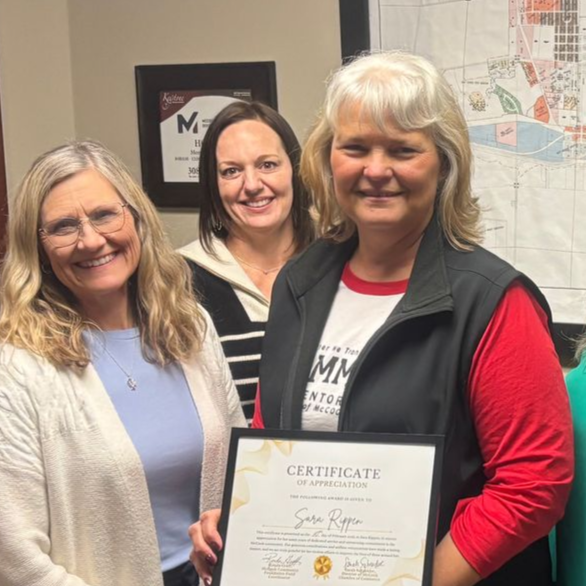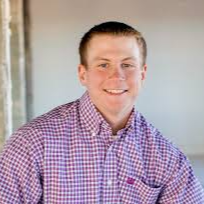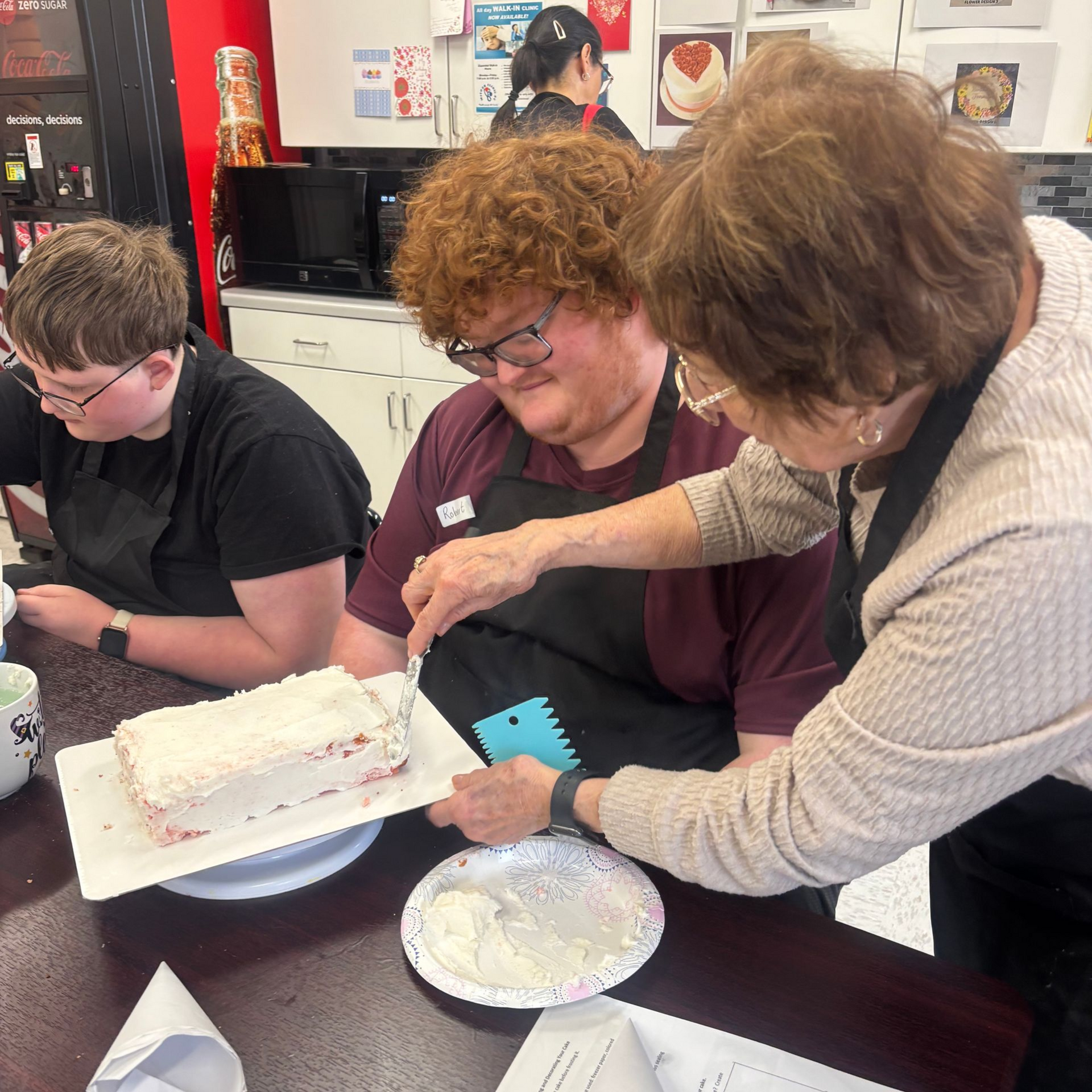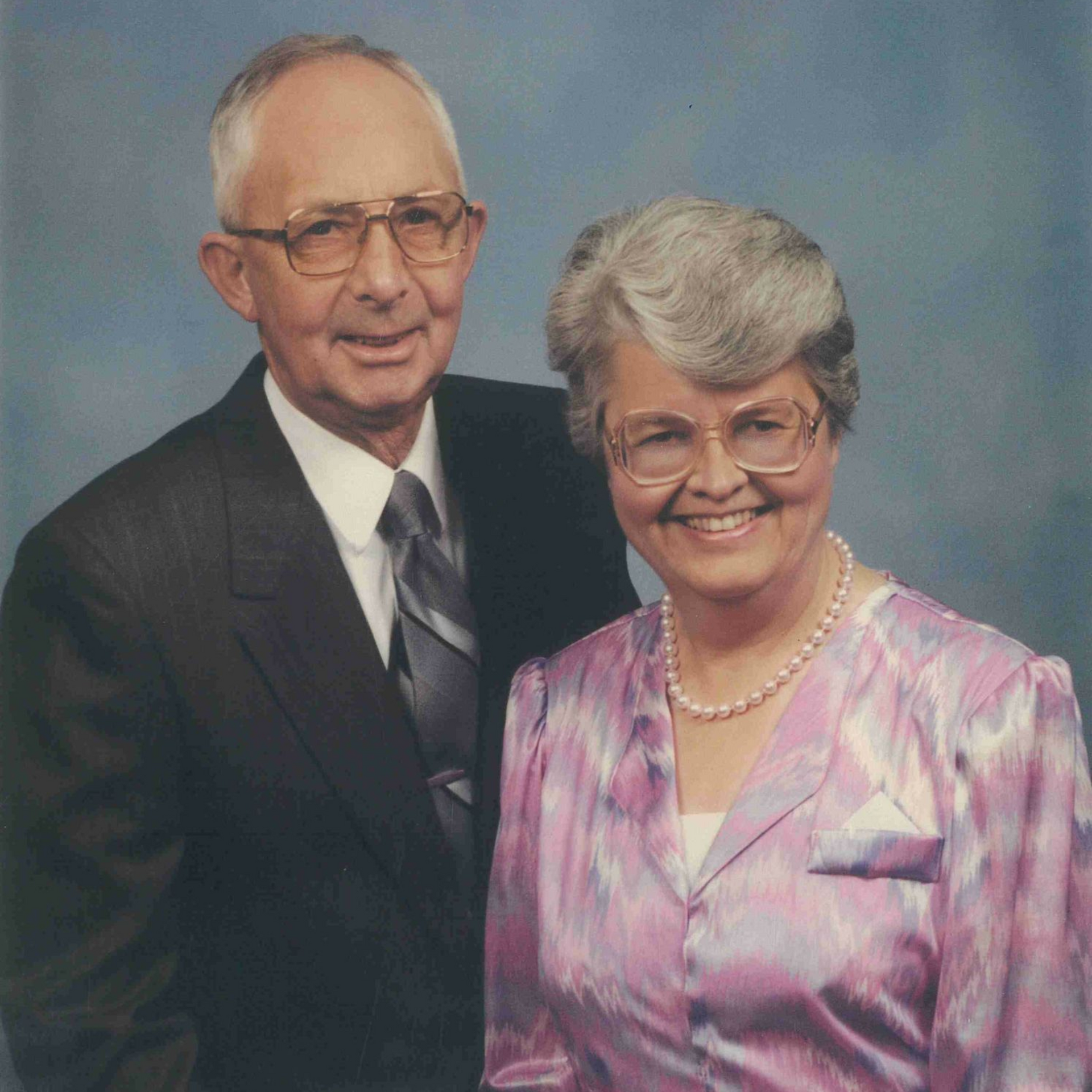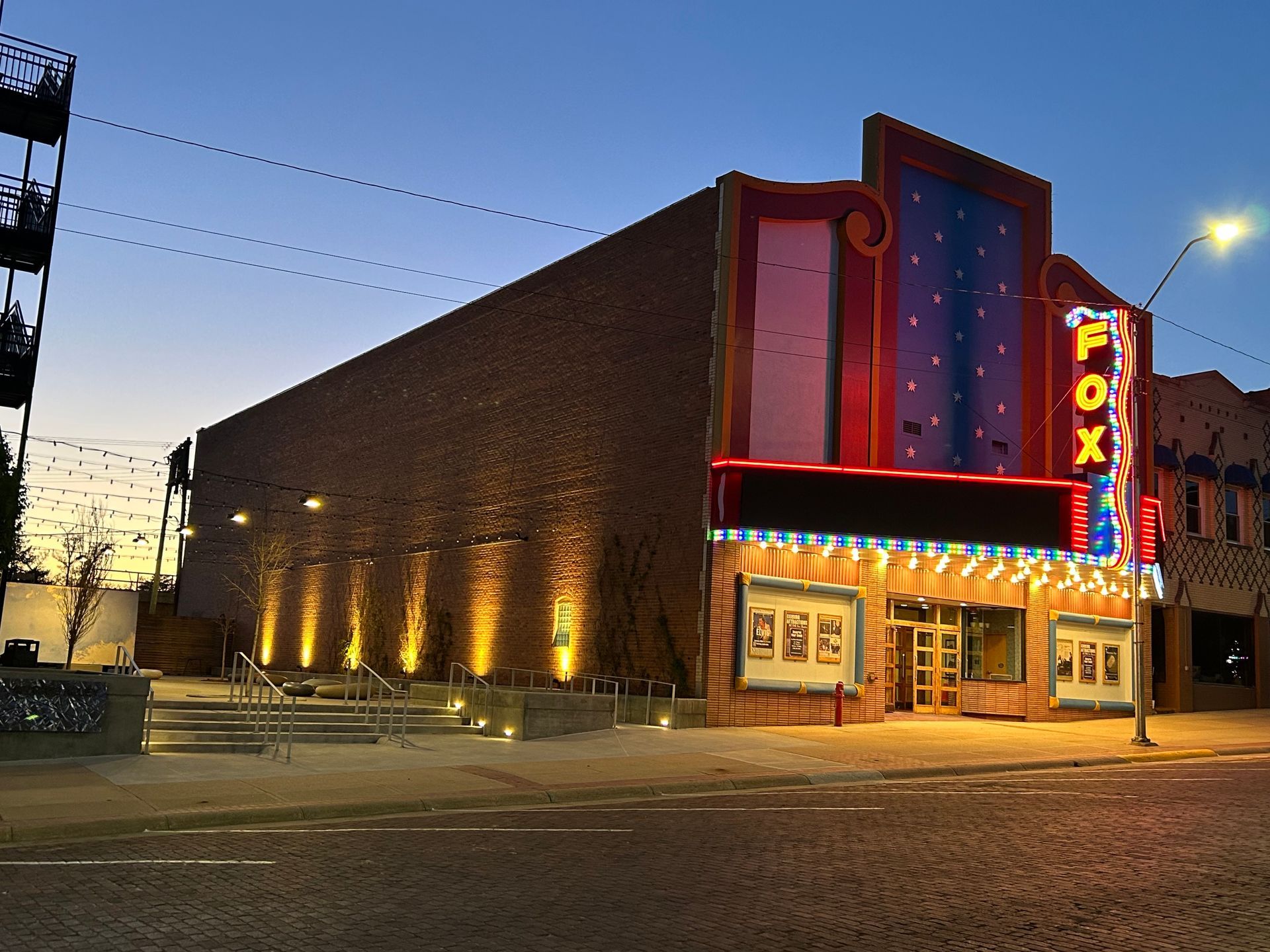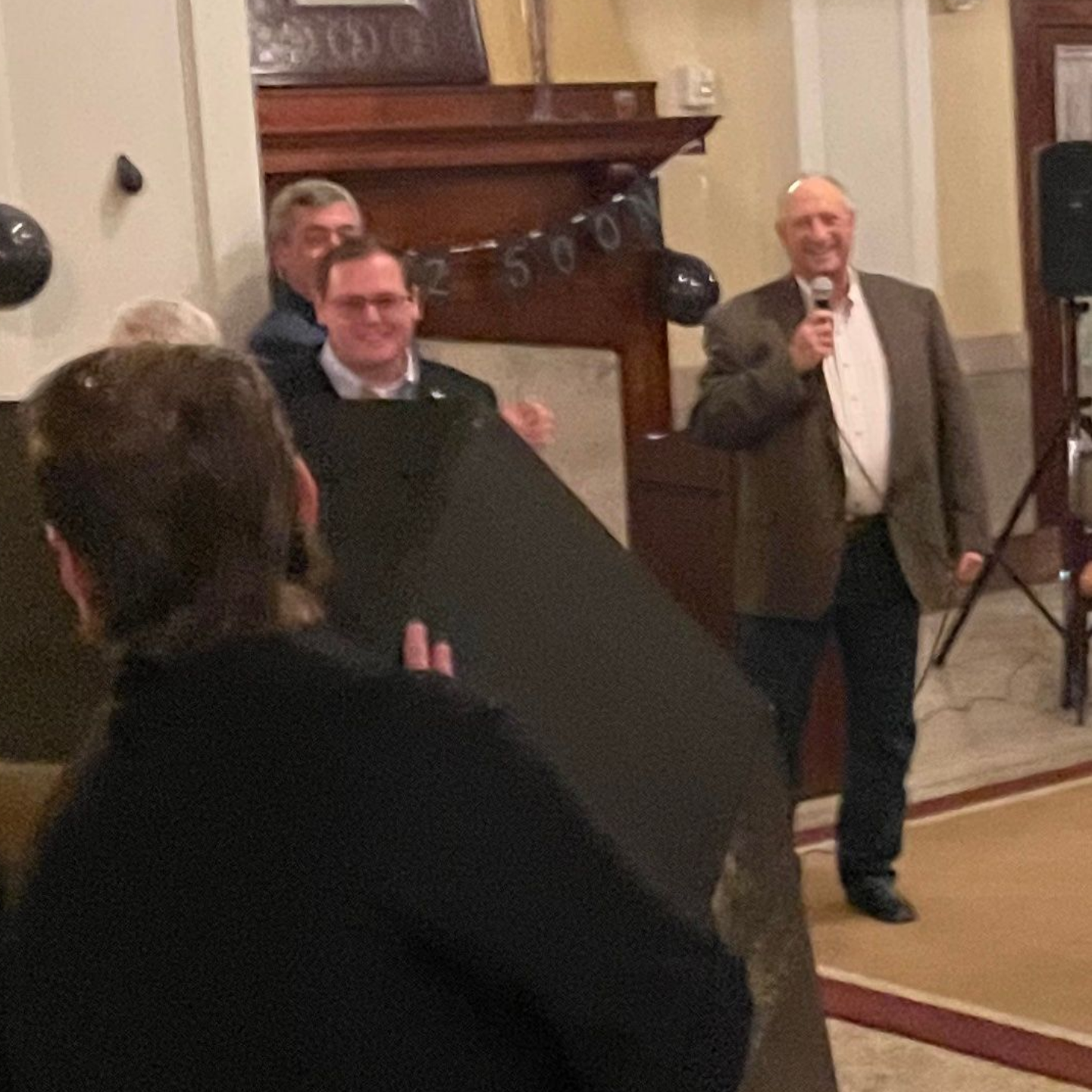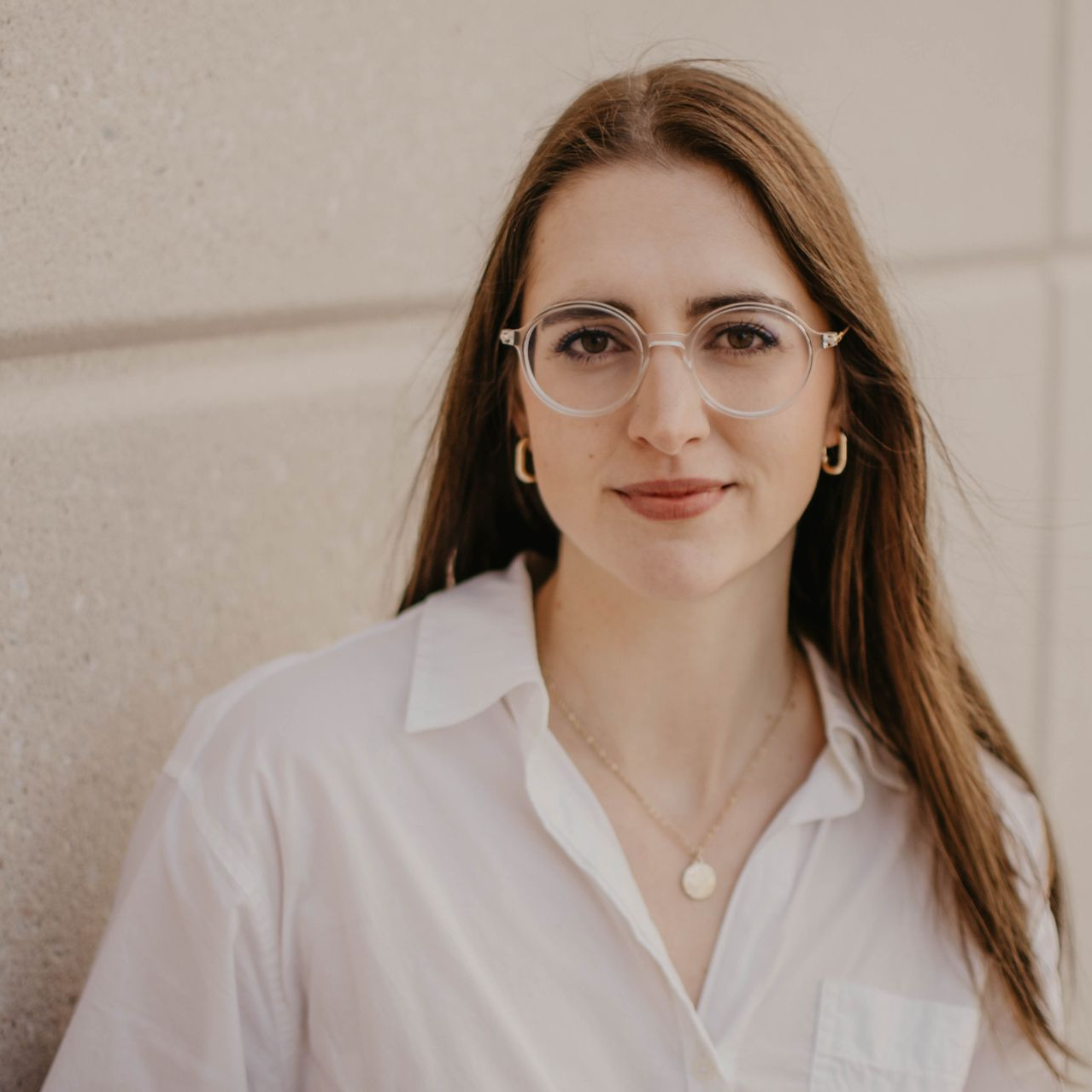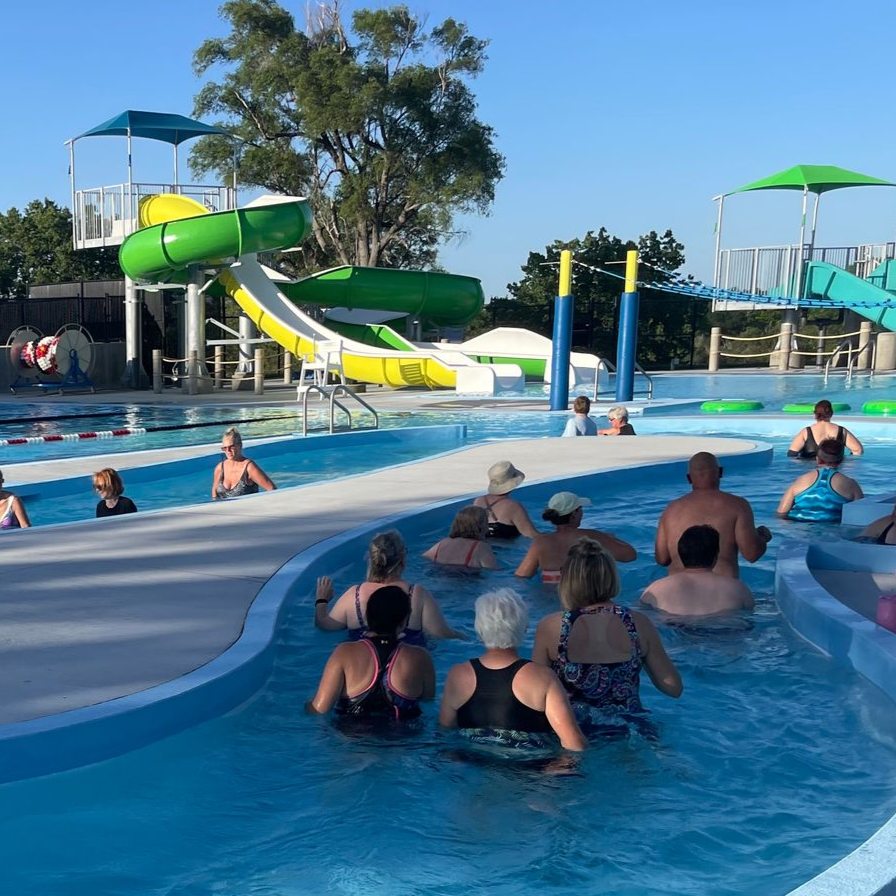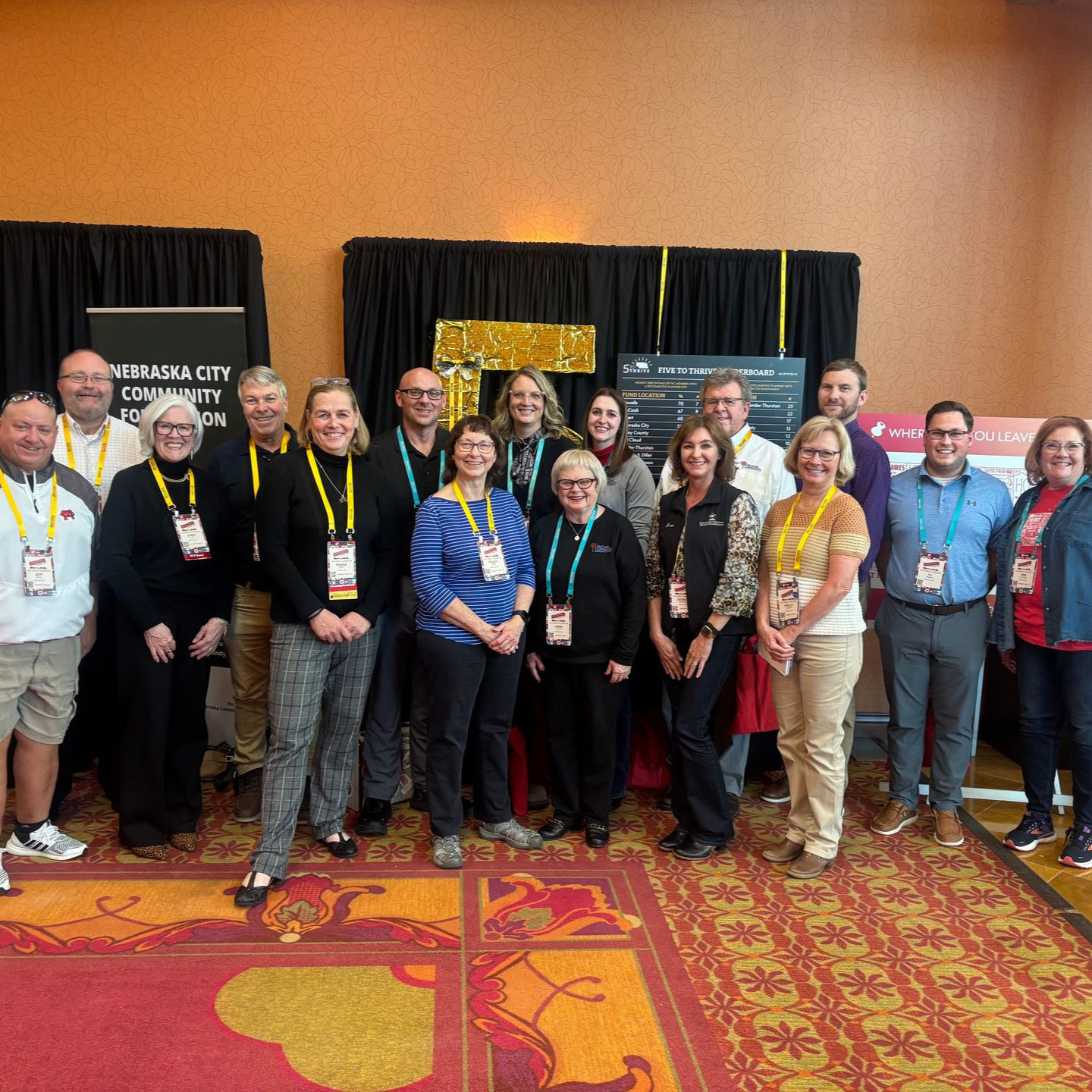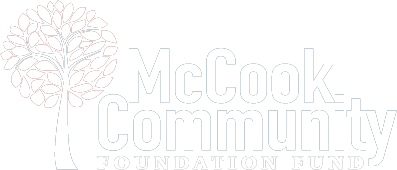The McCook City Pool is again on the front page as there is progress on the project.
Earlier this week, the McCook City Council unanimously approved the hiring of an outside engineer to oversee the development of the city pool project.
It is great to see forward movement on this project which has been in the works for years...literally. It has been more than five years since a pool committee was formally created by the council. It has been more than 20 years since the last major improvement at the city pool took place, when a million dollars was put into the current facility. And even more impressively, it has been more than eight decades - 1937 to be exact - since the pool was built.
I try to imagine what those men (most likely only men) working during the Great Depression would think of the pool now. Would they be amazed that it is still functioning? Would they marvel that we haven’t replaced it since? Would they slap each other on the back and commend themselves that they built such a sturdy facility that has served its community for so long?
I also try to imagine the conversation in the mid-1930s when the country was deep in the throws of a depression, which had been raging for years and would continue until World War II began, yet the community came together to build something to improve the quality of life for its residents. A major world crisis didn’t make the community come to a grinding halt. Instead, they rolled up their sleeves, broke out their tools and got to work.
But along with the need for meaningful, paying jobs, what convinced the government that this was the right Work Progress Administration (WPA) project for McCook? What was the mindset of the community that this was important enough to warrant their time, their land and their effort? What convinced these leaders and workers that McCook needed a pool despite all the economic uncertainties at the time?
There had to be other priorities at the time, like food, education and housing, yet the leaders at that moment realized that this project was also important for its community.
I try to imagine the involvement of the community members in a town which was just 55 years old when the pool at the time. Did they have a say in the design of the pool? Why did they want multiple swimming lanes of two different lengths? What was the thought process behind its particular location? What was the role of McCook Junior College which had just opened its own building - McMillen Hall - in 1935 and was building True Hall in 1937? And most importantly, did anyone consider putting a natural slide from the pool down the hill at Kelley Park? (That would have been my most obvious addition.)
Obviously, these questions were considered along with others which were dismissed, but it would be interesting to know who and how those decisions were made. There is likely someone out there who has those answers or has the newspaper clippings with that information and at some point, I would like to find out the complete history of the project.
But we are here to determine McCook’s needs today. Community members should provide their input on what they want in their community on a regular basis. But it is even more important now and this isn’t just about the pool. Do you want an 8-field baseball complex? Do you want designated crosswalks at the obvious locations? Do you want to see local entities and organizations work together to make things happen? Have you seen something in another community that you think would benefit your hometown? Do you want a new green space with a playground for both kids and adults, because why should young people be the only ones who make themselves sick on the merry-go-round?
Then you need to speak up and be heard. And I’m not just talking about morning coffee groups where all the world’s problems are solved. It is contacting your local officials and asking to be a “stakeholder” in the decision making process as promised in the pool engineer’s contract. It is getting involved with local service organizations who are out there day-in, day-out making the community better. It is coming up with an idea and reaching out to those who can help make it happen or who know about funding opportunities.
Of course, we elect our local officials to make decisions for us, but they don’t make those decisions in a silo. They need our input (whether they like it or not) in order to make informed decisions. Are we always going to agree with their decisions? Probably not because it is impossible to know everything that goes into their decisions and because it is even harder to make every single person happy every single time.
But it is better to voice your opinion, holding your head high that you spoke up and tried to do your best for your community then lament never saying nor doing anything, wishing you had said something when it could have made a difference.
After all, we aren’t going to make our community even better by being silent. Instead, we can make McCook an even better place to call home by making our voices heard.
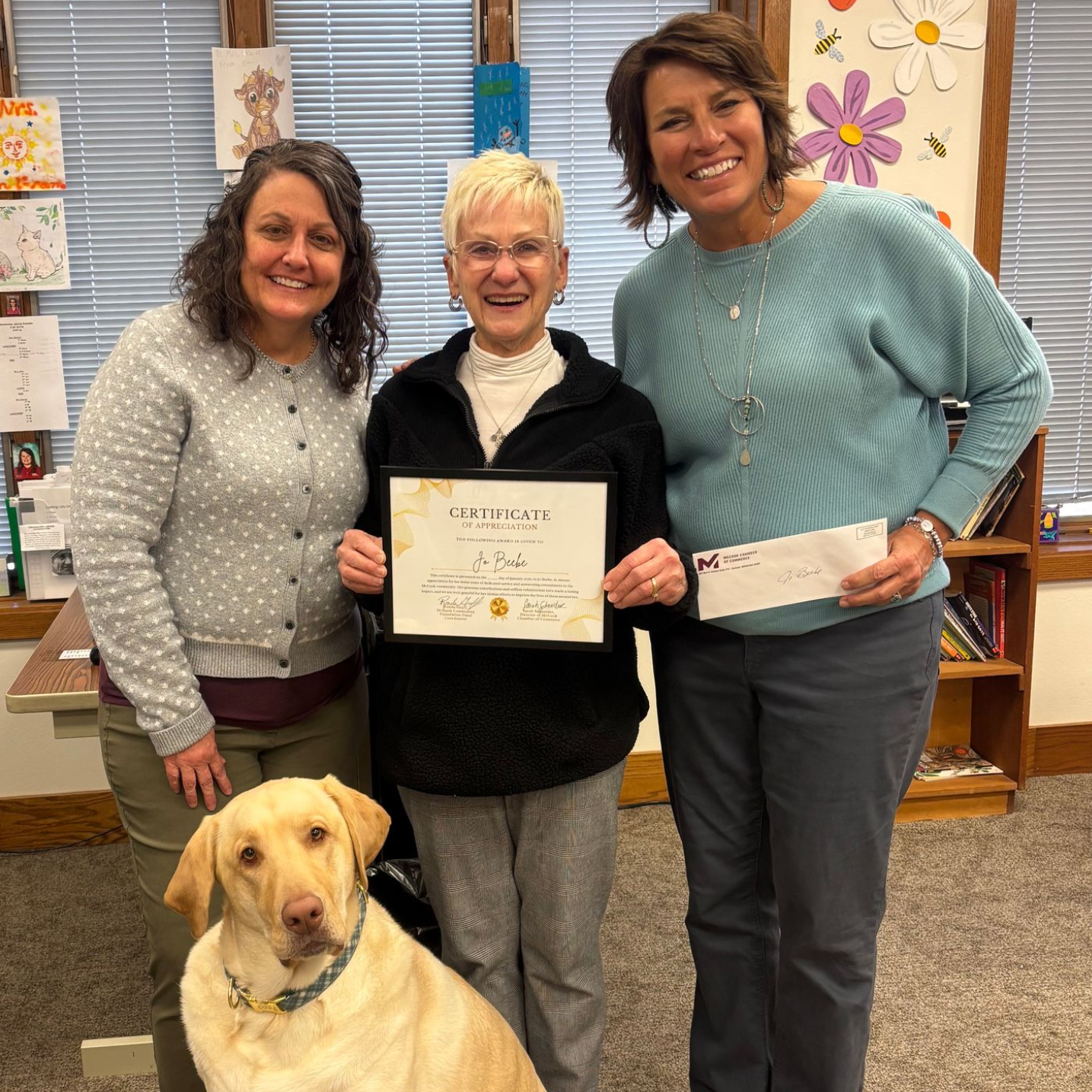
To kick off the new year, Jo Beebe has been selected as the January 2026 McCook Volunteer of the month. While many people might know Jo for her years at the Sports Shoppe, she can be found giving hours of her time to the community, especially at St. Patrick Church. Whether during the weekly Mass or for a funeral or wedding, Jo shares her beautiful voice from the choir loft, as well as leading the choir members. Jo, along with her husband Harold, also has served as the St. Pat’s GALA host couple in the past and continues to help with set-up and cleanup of the annual event. Jo is also active with the Fall Festival, the Rosary Rally and the Wild Game Feed in Curtis every year. She attends every the Order of Christian Initiation of Adults class and helps students prepare for confirmation. And since retiring from the Sports Shoppe, she is active in the Altar Society, and volunteers at the Bargain Bazaar thrift store. According to her nomination, “The way Jo gives of her time and talents to our parish and community is a reflection of her faith,” and the community and the church are better because of her generosity. The McCook Philanthropy Council selects the monthly recipient for the McCook Volunteer of the Month award as part of the McCook Community Foundation Fund’s McCook Volunteer program. If there is a volunteer in the community who should be recognized, please contact the McCook Chamber of Commerce at 308.340.3200 or visit McCook Volunteers on the MCFF website, mccookfoundation.org to complete a nomination form. The only requirement is that the nominee must be a resident of McCook or Red Willow County. Please have information about the nominee along with where and how they volunteer in the community.

